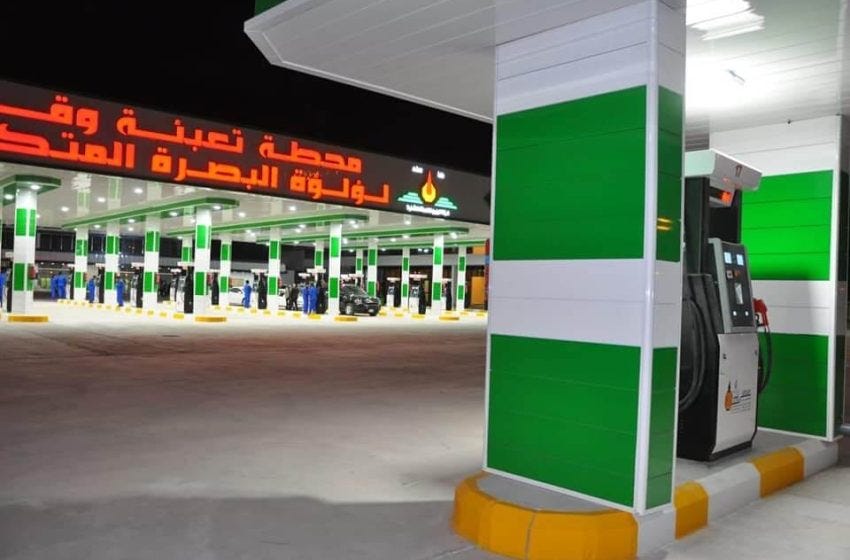Government hikes petrol prices to offset spending commitments
The Sudani government has implemented a petrol price hike primarily aimed at bolstering revenues to counterbalance its rapidly expanding spending commitments.
The Cabinet’s decision, set to take effect on May 1, entails a 30% increase in premium petrol (95 octane) prices, rising from 650 IQD to 850 IQD per liter, and a 25% hike in super petrol (98 octane) prices, climbing from 1,000 IQD to 1,250 IQD per liter. Meanwhile, the price of regular petrol (low octane) will remain steady at 450 IQD per liter.
Although the government has framed this move as a means to alleviate traffic congestion, its primary objective is revenue mobilization. This adjustment marks a reversal of the Kadhimi government's 2021 decision, which reduced premium petrol prices from 850 IQD to 650 IQD amidst the pandemic-induced financial crisis.
However, the Sudani government's decision has ignited significant public criticism, with many expressing online frustration over its potential impact on livelihoods and the cost of living. The government has defended its stance, asserting that the price hike will not affect low-income families, as consumers of premium and super petrol are financially comfortable.
Last week, the state-owned Petroleum Products Distribution Company disclosed a 50% reduction in gasoline imports since the Karbala refinery became operational, dropping from 14 million liters to 7 million liters. It also indicated progress in the Oil Ministry’s plan to halt gasoline imports, with the completion of the North refinery expected to further curtail imports to 4 million liters.


